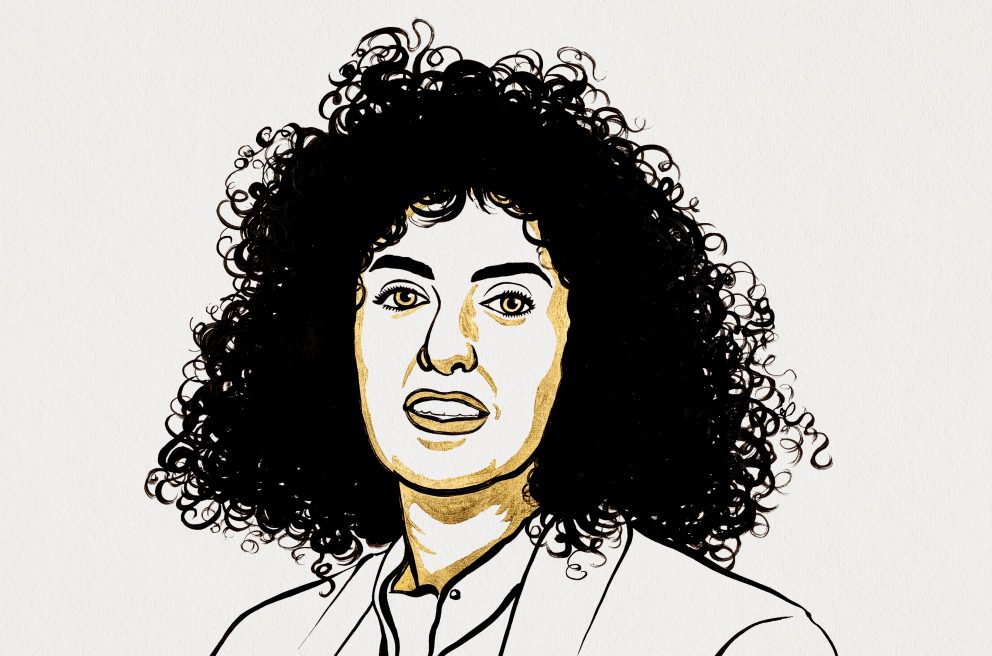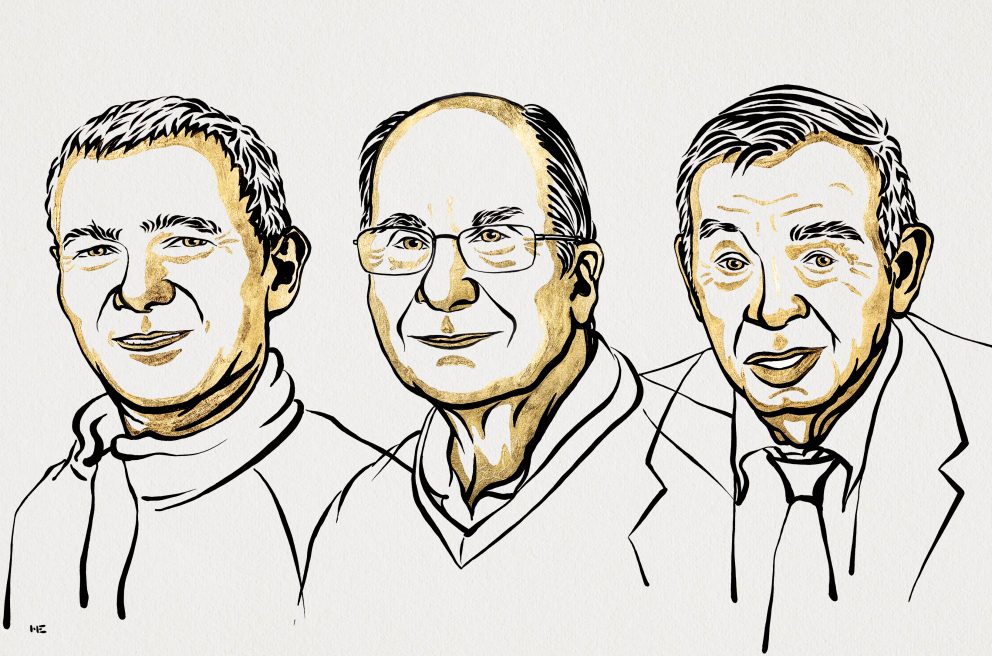In recent years, quantum technology has emerged as a fascinating field with the potential to revolutionize various
industries. This cutting-edge technology harnesses the principles of quantum mechanics to process information and
perform computations at an unprecedented scale. With its immense computing power and advanced capabilities, quantum
technology holds the key to solving complex problems that are currently beyond the reach of classical computers. In this
article, we will explore the exciting potential of quantum technology and its implications for the future of industry
and jobs.
Understanding Quantum Technology
Quantum technology is based on the principles of quantum mechanics, a branch of physics that explains the behavior of
matter and energy at the atomic and subatomic levels. Unlike classical computers that rely on binary digits or bits (0s
and 1s), quantum technology leverages quantum bits or qubits, which can exist in multiple states simultaneously thanks
to a phenomenon called superposition.
Quantum Computing: Unleashing Unprecedented Power
Quantum computing is one of the most promising applications of quantum technology. By harnessing the power of qubits,
quantum computers can solve complex problems exponentially faster than classical computers. This has significant
implications for various industries, such as drug discovery, optimization, and financial modeling, where large-scale
computations are required.
Quantum Cryptography: Enhancing Data Security
Data security is a paramount concern in today's interconnected world. Quantum cryptography provides a solution by
leveraging the unique properties of quantum mechanics to secure communication channels. Quantum encryption algorithms
offer unparalleled protection against eavesdropping and hacking attempts, ensuring the confidentiality of sensitive
information.
Quantum Sensing: Unlocking New Frontiers
Quantum sensing involves using quantum technology to measure and detect physical quantities with unparalleled precision.
This has applications in fields such as navigation, imaging, and environmental monitoring. Quantum sensors can provide
accurate and real-time data, enabling advancements in areas like self-driving cars, medical diagnostics, and earthquake
detection.
Quantum Simulation: Advancing Scientific Discovery
Simulating complex quantum systems is an arduous task for classical computers. Quantum simulation, powered by quantum
technology, allows scientists to simulate and understand the behavior of quantum systems more effectively. This has the
potential to revolutionize materials science, drug design, and fundamental physics research.
Quantum Communication: Enabling Secure Information Transfer
In an era where information is transmitted globally, secure communication is of utmost importance. Quantum
communication, facilitated by quantum technology, provides a way to transmit information securely through quantum key
distribution. This technology ensures that any interception or tampering attempts are immediately detectable,
safeguarding sensitive data during transmission.
Quantum Technology and Industry: Transforming Key Sectors
Quantum technology has the potential to revolutionize several key industries. In the healthcare sector, quantum
computing can accelerate drug discovery, enable personalized medicine, and optimize healthcare logistics. In finance,
quantum algorithms can enhance portfolio optimization, risk analysis, and fraud detection. Additionally, quantum sensing
can revolutionize navigation, enabling precise location tracking for autonomous vehicles and drones.
Quantum Technology and Jobs: Creating New Opportunities
As quantum technology continues to advance, it will create new job opportunities across various sectors. Quantum
scientists, engineers, and researchers will be in high demand to develop and optimize quantum hardware and software.
Additionally, industries will require professionals skilled in harnessing quantum technology to address complex
challenges and drive innovation.
Challenges and Limitations of Quantum Technology
Despite its immense potential, quantum technology faces several challenges and limitations. One major obstacle is the
delicate nature of qubits, which are highly sensitive to environmental disturbances. Maintaining qubit stability and
reducing errors is crucial for practical quantum computing. Additionally, scaling up quantum systems to handle
large-scale problems remains a significant technical challenge.
Ethical Considerations and Future Developments
As with any emerging technology, quantum technology raises ethical considerations. Quantum computers, if developed at
scale, could potentially break current encryption methods, posing risks to data security. It is essential to address
these concerns proactively and develop robust security measures. Looking ahead, researchers are exploring hybrid
approaches that combine classical and quantum computing to overcome current limitations.
Conclusion
Quantum technology is poised to revolutionize the future of industry and jobs. Its applications span across various
sectors, offering unprecedented computing power, enhanced data security, precise sensing capabilities, and secure
communication channels. As this field continues to advance, it is crucial to address technical challenges, ethical
concerns, and develop a skilled workforce to unlock the full potential of quantum technology.
FAQs
Q. How does quantum technology differ from classical technology?
A: Quantum technology relies on the principles of quantum mechanics, enabling the processing of information and
computations at a scale beyond the capabilities of classical technology. It harnesses the unique properties of quantum
systems, such as superposition and entanglement, to achieve remarkable advancements.
Q. What industries can benefit from quantum technology?
A: Quantum technology has applications across various industries, including healthcare, finance, transportation,
telecommunications, and materials science. It can revolutionize drug discovery, optimize financial modeling, enhance
navigation systems, and secure communication channels, among many other possibilities.
Q. Will quantum technology replace classical computers?
A: Quantum technology is not expected to replace classical computers entirely. Instead, it complements classical computing
by tackling complex problems that are currently infeasible for classical computers. Quantum computers excel in solving
certain types of problems, while classical computers remain efficient for everyday computing tasks.
Q. Are there any limitations to quantum technology?
A: Yes, quantum technology faces challenges such as qubit stability, environmental disturbances, and scalability.
Maintaining the delicate nature of qubits and reducing errors is crucial for practical quantum computing. Scaling up
quantum systems to handle large-scale problems is an ongoing technical challenge.
Q. How can individuals prepare for the future of quantum technology?
A: To prepare for the future of quantum technology, individuals can consider pursuing careers in quantum science,
engineering, and research. Developing expertise in quantum algorithms, quantum software development, and quantum
hardware optimization will be in high demand as the field continues to evolve.



